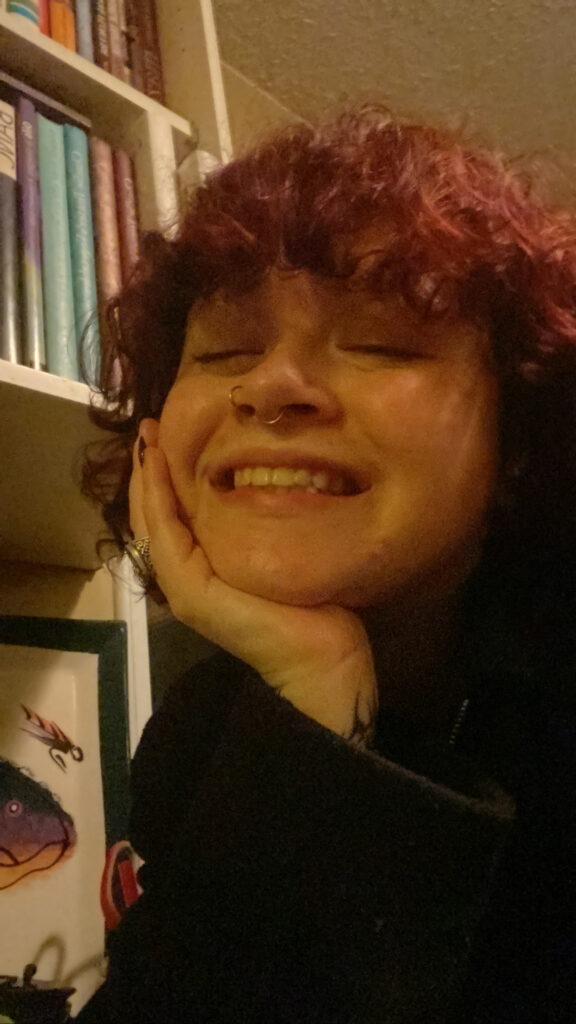A Dive into How I came to understand and care for my mental health
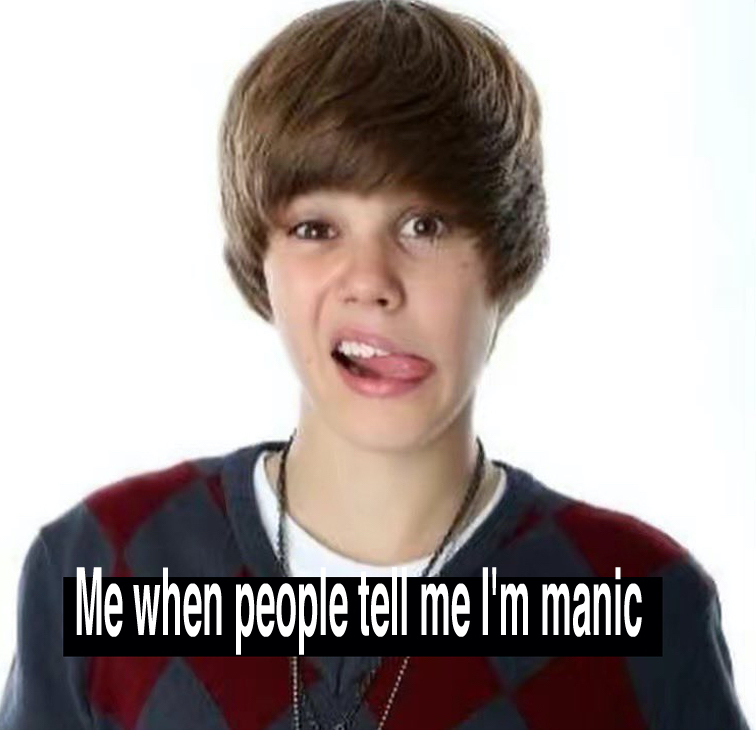
INTRO
Taking care of your own mental health and coming to terms with mental illness can often be a long and confusing process. The confusion that often comes with the process is to be expected, of course, in a society that does not often fully educate its populace about mental health, illnesses, assessment, and treatment. Additionally, this process is further muddied by the need to navigate a healthcare and treatment system that, by and large, does not have enough resources to fully attend to each patient. It’s really no wonder so many people go so long without receiving proper care or diagnoses.
It is possible, however, to illuminate the process and really get an idea of what your or others’ journeys might look like. In my personal opinion, some of the best learning comes from listening to the stories of those with lived experience. In this case, it is important to hear others’ stories about their own mental health journey especially in regards to health care and treatment. From listening to others, we can gain a better understanding of not only our systems’ failings, but also our systems’ successes, best practices to follow as a patient, and what it actually feels like to seek mental health care. Truly, it’s a difficult thing to even realize you need help let alone actually seek it. For those on the fence about taking the next steps in their mental health journey, hearing the stories of others’ experiences in their own lives can be inspiring. Of course, it is important too for not just people with their own mental health concerns to hear these stories, but also those without concerns. This is because listening to the experiences of others helps to broaden our perspectives, make us more empathetic, and bring more awareness to things that have too often been left in the dark.
My Journey
Childhood and Middle School
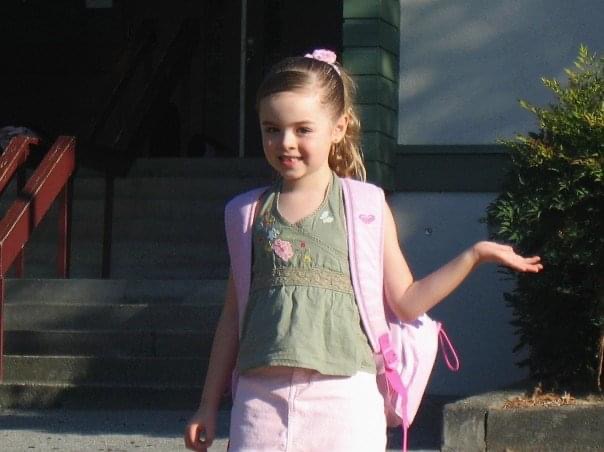
With all that being said, I’ll go down the rabbit hole now and walk you through my mental health journey thus far. It’s hard to exactly pinpoint when I began really noticing and struggling with the state of my mental health. As a child, I don’t recall real struggles at all aside from occasional, but in all likelihood completely normal, anxiety. I was always comfortable in my own experience, and really, I didn’t know anything about mental health anyway. It was in middle school where I first was clued into the concept of mental health and of mental illness. I remember only learning about extreme cases, stories of suicide and self harm. At the time, it was less a conversation about mental health than it was about the consequences of bullying. Nonetheless, it was the first time I ever really was aware of topics like that. Again, at the time I don’t believe I was experiencing any difficulties yet though I do remember a short fascination with self-harm (only in the romanticization of it though and not in any serious capacity). Soon, towards the end of my middle school years, I found myself on Tumblr. Anyone who knows anything about Tumblr, especially back in its hey day, knows that it was full of social justice “discourse” (as the often feuding teens liked to call it), quirky memes, and plenty of romanticization of mental illnesses. Perhaps the content there wasn’t the best way to learn about these topics, but it was the only way I really had. So, as the years went by throughout high school, I learned first from Tumblr and then through my own research.
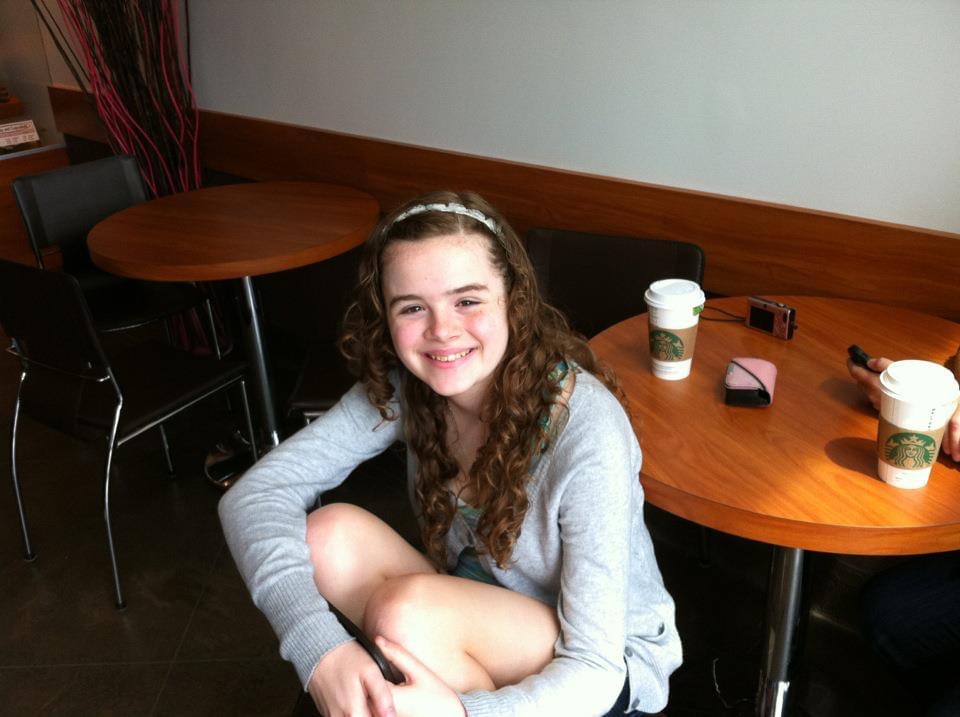
High school
More on my high school years. Not only did I become much more knowledgable and aware of mental health related topics (through mainly research and social media, disappointingly almost never through my real educational institutions), but I also began to gain some of my own first and second hand experience. High school and teenage years are pivotal times, often the times when signs of mental health struggle begin to appear. Teenagers have tumultuous lives as most of us know. Navigating growing up, complex relationships, finding your identity, and discovering new things about your own family can be overwhelming and confusing. That’s certainly what it was like for me. Around this time of my life, I began to see many of my peers around me struggle with interpersonal relationships and develop their own mental health difficulties. Many of my friends were or had experienced depression and anxiety, all while a lot of them came to terms with their gender identity and sexual orientation. Indeed, the intersection between those who struggle with mental health and those with queer identities is quite substantial. I remember myself at the time, not experiencing depression and feeling somewhat left out. Perhaps left out isn’t the best way to put it, I just remember feeling almost guilty for not struggling along with them. I did my best to learn about their struggles and support them instead, all the while feeling like an imposter in my social circles for not sharing pain. I was dealing with growing anxiety, though barely recognizing it at the time, but that didn’t feel like enough. I know now that there is no “enough” in mental health struggle, simply your struggle. If it feels wrong, then it is. I became a high strung, on edge person. Some of that I attributed to classic teenage experience, expecting it to go away. Imagine my disappointment when it didn’t. Really, the biggest effect on my teenage years came from my family life. High school saw the realization of my dad’s alcoholism and my reaction to that. Coming to terms with it was difficult and scary, but in a way I thank my dad for showing me that mental health problems really were real and pervasive.
Post-secondary til now
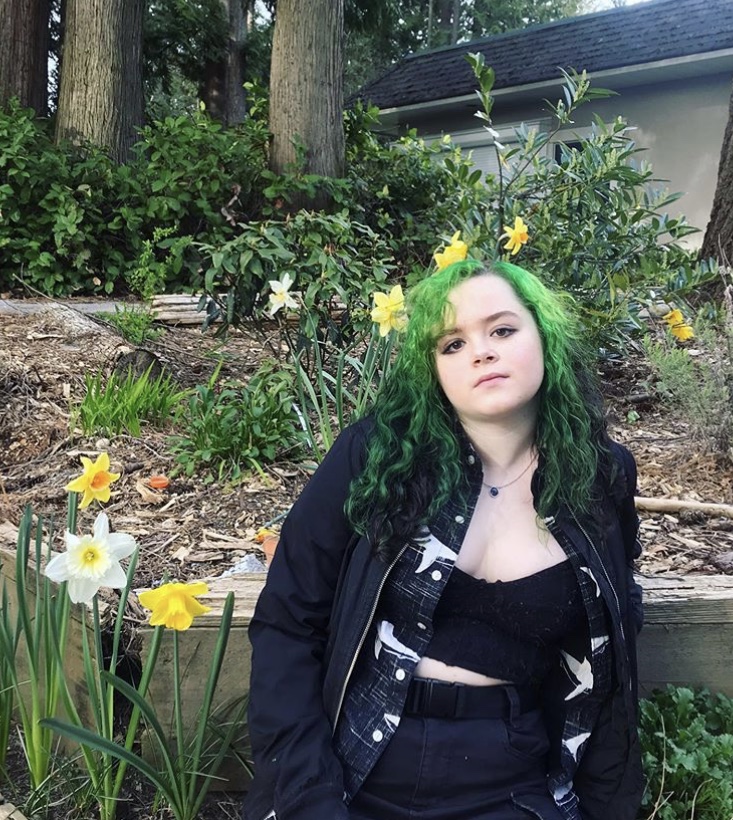
Despite growing anxiety, being surrounded by those struggling with their mental health, and my family trauma, I escaped severe mental health challenges in my high school years. It wasn’t until after graduating, though not long after, that I started to really experience my own challenges. That brings me to 2018. 2018 marked the biggest change for me. Life at the time was full of changes including beginning post-secondary school and the death of my grandfather. In January of 2018, I had what I call my first episode. For weeks, I was severely anxious and mildly or moderately depressed. Every day I thought about death, its inevitability, and my fear of it. I could not stop the thoughts and they distressed me deeply. Often, I’d cry. I remember sitting in college classes barely holding back tears as I tried to keep it together so I could be present in my lectures. I could barely eat, to the point I resorted to drinking Boost in order to at least get some nutrients. I was barely present in my own life, and I was miserable. This marked the beginning of my real journey of self-discovery and mental health treatment. It was clear things weren’t right, so my mom encouraged me to see my doctor. She accompanied me, providing support in my appointment. When I went, we described my symptoms and experience and he responded by screening me for anxiety and depression. Medication was brought up as an option for the future if things didn’t improve, but first I was urged to try counselling. So that’s what I did for a few weeks until my approximately 10 session allotment was up. It helped and I felt better, so after finishing I closed the chapter on mental health treatment for the time being. Looking back, that episode was likely the first sign of the onset of my mental illness.
After the episode in 2018, I didn’t notice any struggles with my mental health for some time. There were moments, here or there, throughout 2019, 2020, and the earlier end of 2021 that I did think to myself “hm, maybe I should seek help again” as I noticed mild discontentment with life, but I didn’t do much about it. What exactly my mental state was during these years, I sometimes have trouble piecing together. What I do know is that the passion of my teen and child years had largely dissipated and I had become much more disinterested in day to day life on top of my ever present background anxiety. Of course, 2020 in particular was a bit of an outlier. The COVID pandemic hit and the isolation I was in as a result took a heavy toll on my mental health. I missed community, I felt out of control, I hated life. Then, as things were maybe starting to look up for a while, my dad passed away. That brought heavy grief which, for a few months, deeply impacted my day to day life. It was hard to function normally when things had changed so fundamentally. Yet still, it wasn’t until late 2021 when I finally decided to seek mental health treatment again. Why? Well, I’d already had many instances leading up to that decision in which I’d considered it, but now I was in a new education program (my teacher training) that I didn’t feel like I could afford to mess up due to mental health struggles. Additionally, I had just moved away to live on my own (still with a roommate) for the first time. I remember taking a moment to really self-reflect to myself and thinking “wow, I am depressed”. It wasn’t depression in the sense people tend to expect. It wasn’t deeply sad and tearful. It was flatness, disinterest in everything, disengagement with things I loved, oversleeping, substance use to cope, and low energy. I spoke with my doctor, he directed me to make lifestyle changes and go to therapy. Go to therapy I did. It took until probably February of 2022 before I actually got in with my therapist, but I have been seeing her continuously since then.
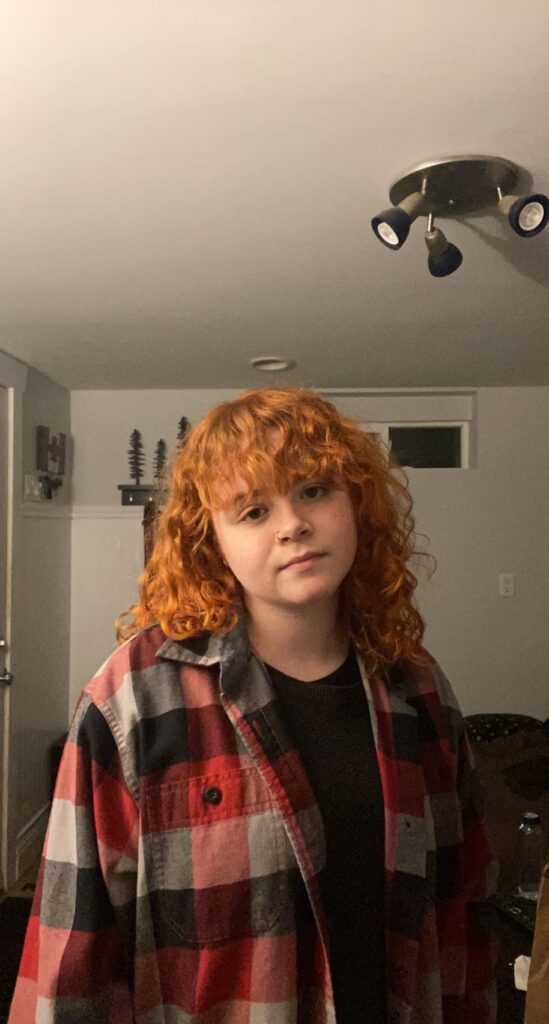
Following starting therapy, things felt like they improved. I was putting in hard work to manage my depression and anxiety, and I felt like it was paying off. This isn’t to say I didn’t still struggle because I definitely did. In fact, there were days I felt so tired of depression that I found myself wishing to be bipolar just so that I could get a break from the lows in the form of a high. This was an incredibly misguided wish, and goes to show just how terrible depression can feel that someone would wish another mental illness upon themselves in order to alleviate it. You know the saying “be careful what you wish for”? Yeah… In about March or April of 2022 I had, what I believe to be in hindsight, a short hypomanic episode. I almost recognized it as such at the time even, due to the large amount of knowledge I already had about bipolar disorder (I had spent plenty of my free time researching and learning about abnormal psychology), but I had ended up chalking the suspicion up to overthinking. Why do I think I had a hypomanic episode and not just a few good days? The episode was random, not prompted by anything. Rather, I had been depressed as usual until one day waking up feeling an invisible weight had lifted. I felt energized, in good spirits. It was only 9:00 in the morning, early for me. I was wide awake, which I would never be at that time. I remember deciding to just get up and leaving my room only to find my shocked roommate and his girlfriend in the kitchen. They were surprised to see me so early in the day. I harnessed the energy I had by taking initiative to clean my room, a task I was very distracted by, and then I went out for a walk. It was such a strange feeling, I remember thinking “wow, my depression is just randomly cured!”. It wasn’t. In fact, the down feeling returned only a few days later. It was a strange experience, but I just brushed it off. Then came my first teaching practicum in April and May. This experience was hell for me in regards to my mental health. I was as anxious as I’d ever been, every day on the way to school I’d feel a pit in my stomach, a lump in my throat, and deep dread. I was miserable, I wanted to quit. At the same time, I had been questioning for a long time when the right time to try medication was. So, mid-practicum I couldn’t take it anymore, I took a leap and I called my doctor for an appointment. Upon our appointment, I was prescribed with an anti-depressant for the first time. It was hoped that it would help my anxiety especially. It took weeks to kick in, but once it did I felt better. Life was finally being set right.
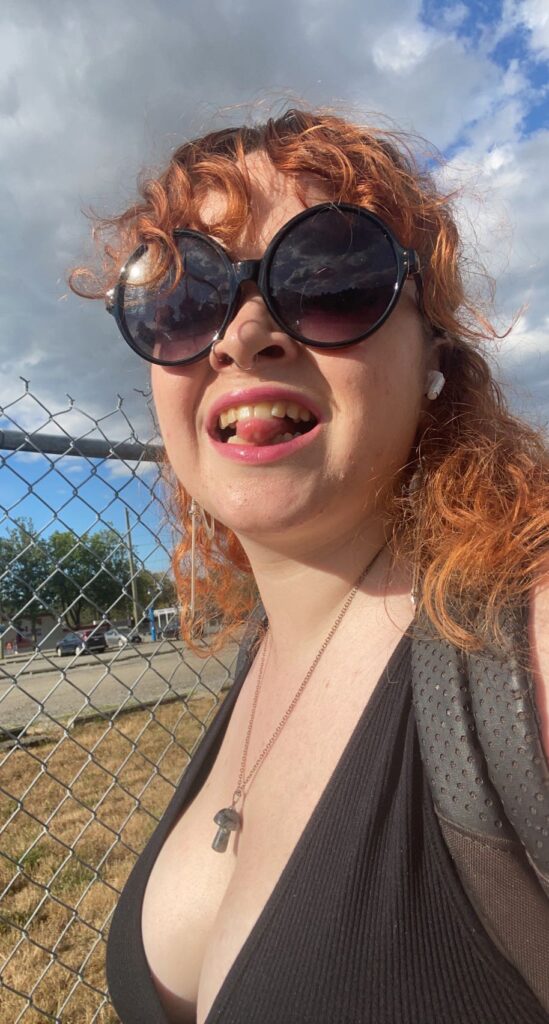
It didn’t take long for me to find I was no longer satisfied with treatment. Throughout the summer I struggled with my moods, mainly returning depression until I had another and this time more pronounced hypomanic episode. This time, the episode included intense irritability. This time though, I wasn’t so quick to brush it off. I had done my research, and was aware of the very real possibility for anti-depressants (one of which I was on) to bring latent bipolar disorder to the surface. When I noticed my symptoms complete with the persistent feeling that I was losing my mind and going haywire, I decided to inform my doctor. Following my hypomania, I became as severely depressed as I had ever been, I was always on the verge of calling crisis lines (anything, ANYTHING to help). At my next doctors appointment, I shared all my symptoms and he responded by telling me that it was quite possible I had actually had bipolar disorder all along. In all my previous appointments when talking about meds he would always give me choices with what to do with my medication in regards to plan of action (doses, whether I’d stay on meds, etc) without sharing an opinion either which way, but this time he strongly suggested that I begin take an antipsychotic to supplement my anti-depressant in hopes of managing my potential bipolar disorder. He told me that it might take a while before it became clear if I really had the disorder, but that if treatment worked it was likely. Treatment did, in fact, work. I’ve been on the same medication now for a long while and my moods have certainly balanced out. To be clear, I am not without symptoms, but they are better managed.
Conclusion
So that’s where I’m at in my journey. I take my meds, I check in with my doctor every three months, and I see my therapist ideally every two weeks. I know myself much better now that I’m in treatment. The journey is not over, of course, it never will be. I have my whole life ahead of me to manage my mental illness. Soon, I will see a psychiatrist for formal assessment and continued mental health care. This prospect excites me as I know that I’ll only continue to know myself better, however, I’m not without fear. Seeking treatment is a nerve-wracking thing especially with the knowledge that not all mental health care professionals are as knowledgable as they claim to be. There is the fear of misdiagnoses or not being taken seriously. I mitigate these fears by doing my research and making sure I’m as knowledgable about the assessment processes and mental illnesses as possible so that I can effectively advocate for myself. If I could give anyone seeking treatment for their mental health advice, I’d tell them to do as much research as they can so that they can be well equipped to self-advocate. Sometimes, we are the only ones in our corner and we always know our own mind best.
